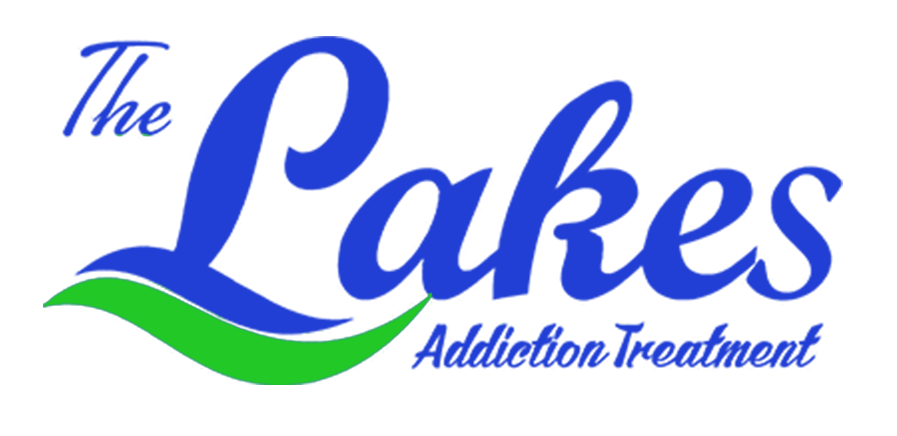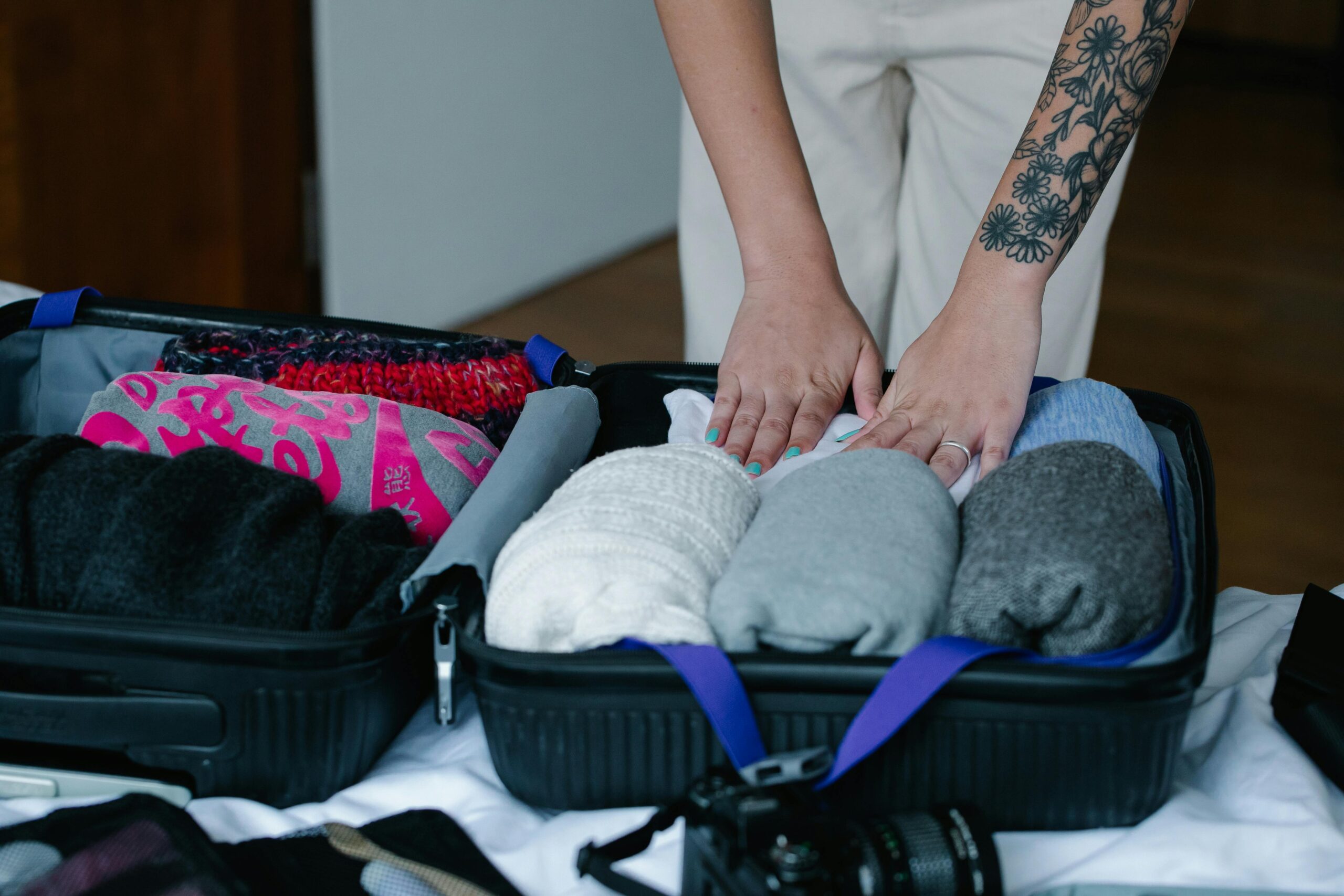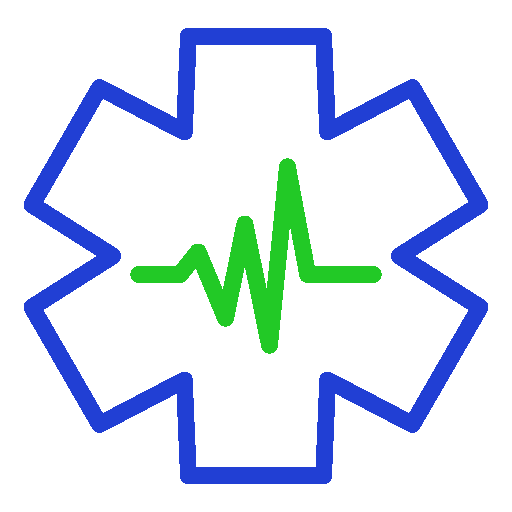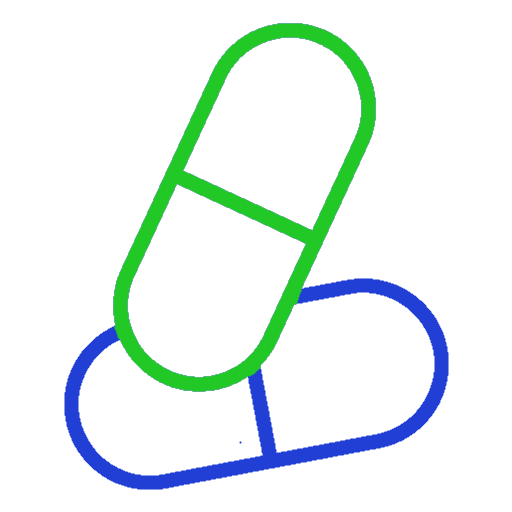If you’re struggling with addiction, making the choice to go into rehab is a great first step on the path to getting well. But often, there’s some delay between the time the decision is made and the day you can actually check into rehab.
Take a look at what you should do in the meantime to prepare for rehab and ensure a smooth transition.
Everything You Need Before Entering Treatment
Here’s what you should know for a successful recovery:
Understand Your Treatment Options for Drug and Alcohol Rehab
It’s crucial to understand the different treatment options available to you. Drug and alcohol rehab programs come in various forms, including inpatient rehab, outpatient rehab, and holistic approaches.
- Inpatient rehab offers 24/7 care and support, making it ideal for those who need a structured environment.
- Outpatient rehab, on the other hand, provides more flexibility, allowing you to continue with daily responsibilities while receiving treatment.
- Holistic approaches focus on treating the whole person, addressing physical, emotional, and spiritual well-being.
When researching treatment facilities, consider the qualifications of the healthcare professionals, the length of the program, and the types of treatment offered. You should also for accredited treatment facilities, such as those recognized by the Joint Commission or the Commission on Accreditation of Rehabilitation Facilities (CARF).
Check Your Insurance Coverage for Addiction Treatment
Before entering rehab, it’s essential to understand your insurance coverage for addiction treatment. Contact your insurance provider to inquire about the types of treatment they cover, any exclusions or limits on coverage, and any requirements you need to meet before entering rehab. Some insurance plans may have specific requirements or restrictions for rehab coverage.
Knowing what your insurance will cover and what you’ll need to pay out-of-pocket can help reduce stress and anxiety. Be sure to ask about any additional costs or fees associated with treatment, including prescribed medications, coping mechanisms, and family therapy programs for recovery.
Notify Your Employer and Arrange Time Off
If you have a job, you should talk to your human resources department about your situation. You may be able to take the time off under the Family Medical Leave Act (FMLA), and if so, your employer will be required to hold your job. Next, discuss your plan for handling your work responsibilities during rehab and your return-to-work plan. This will help ensure a smooth transition and reduce stress and anxiety.
Additionally, consider making arrangements for someone to manage your finances and take care of any other work responsibilities while you’re in rehab. Try to pay bills ahead of time, or make arrangements for someone else to do it while you’re gone.
Tie Up Loose Ends for a Smooth Recovery Process
Everyone’s situation is different, but everyone has some kind of life unconnected to their drug use. You’ll want to do what you can to tie up any loose ends in this part of your life before you go to rehab.
- Make sure that you’ll have a place to stay–away from any substance-using friends–when you get out of rehab.
- If you’ll be returning to your own home, ask a sober friend to clean any substances and drug paraphernalia out of it while you’re away.
- Make sure that you have storage for your vehicle or any possessions that need to be stored while you’re gone.
- Address family obligations or outstanding legal obligations so you can mentally prepare for a successful recovery journey.
- Make arrangements for any pets that you have. Scheduling pet care services may be necessary without in-home family members.
- Reach out to family and sober friends. Tell them what you’re doing, and request their support. You’ll need them during your recovery as part of your support system.
3 Things to Do Before Starting Inpatient Rehab
Ready to embrace your recovery process through drug rehab?
Here’s everything you should know before checking into a rehab facility:
1. Don’t Binge
It’s not uncommon for individuals struggling with substance abuse who are planning to go to rehab to binge on their drug of choice in the days leading up to their check-in day. You may be nervous and trying to calm your anxieties, or you may think that it only makes sense to go all-in before you give up your substances for good.
Tempting as it may seem, bingeing before rehab is always a bad idea. You increase your risk of a dangerous overdose by binge-using, and you also increase your risk of an accident or another incident that leaves you or somebody else hurt. You also run the risk of legal trouble, which can complicate your ability to enter rehab at the time you planned. What’s worse, it may be easier for you to change your mind about rehab when you’re bingeing. Under the influence, you’re more likely to back out.
Depending on your situation, you may want to continue using your regular dosage during your wait. If you have serious withdrawal symptoms, it’s better that you withdraw in rehab where you can be kept comfortable and monitored for your health. But taking more than your regular amount of the substance you use will only make that withdrawal harder.
2. Learn What to Pack (And What Not to Pack)
Your treatment facility will provide some things, but you’ll need to bring things to rehab too, beyond just your clothes and personal hygiene products. Bring your insurance card, a checkbook or credit card, and some cash. Pack a list of names and contact numbers for family and friends who will support you during your recovery. Bring a journal, envelopes and stamps, and pictures of loved ones. Don’t forget to bring your medical history. This should include documents reporting on any mental health issues or physical health considerations, as well as prescription medications you may need while in recovery.
You probably guessed that you shouldn’t bring any drugs, alcohol, or paraphernalia to rehab. But there are some things you may not guess that you shouldn’t bring:
- Over-the-counter medications like aspirin are off-limits.
- You’ll need to avoid any mouthwash or perfume that contains alcohol.
- You’ll also need to avoid packing things like cleaning supplies, nail polish or polish remover, and anything that could be used as a weapon, like scissors.
- You should also make sure all your clothes and shoes meet the rehab’s dress code. Ask your facility for a list of allowed items and disallowed items.
3. Get Your Mindset in Order
As a recovering addict, some days may feel harder than others. The detoxification process is not always linear, and setbacks, hardships, and cravings are often par for the course.
- Focus on the positive aspects of recovery. Maintaining a positive outlook can help you navigate withdrawal symptoms and adjust to your new normal.
- Get involved with therapy sessions. This could be art therapy, experiential therapy, and more.
- Set realistic expectations. If you prepare mentally for addiction recovery (and embrace the fact that it’s a journey, not a destination), you’ll be much better equipped to embrace the rehab process.
Be sure to speak with your addiction treatment experts about ways to maintain sobriety for the long term, including aftercare recovery, intensive therapy, and outpatient treatment options if you’re currently in an inpatient treatment setting.
Preparing for Rehab at The Lakes Treatment Facility
If you have questions about things you should be doing to prepare for rehab at our rehab facilities, please contact The Lakes Treatment Center today. We will be glad to answer your questions and make sure you’re prepared for a successful stay.







